Table of Contents
Rattling sound when accelerating
If you’ve been experiencing a rattling sound when accelerating in your Mercedes, you’re not alone. This unsettling noise can be more than just an annoyance; it often signals underlying issues that need addressing to maintain your vehicle’s performance and safety.
In this article, we’ll delve into the common causes of this rattling sound and a case study in Mercedes, explore potential solutions, and offer tips on how to prevent it from happening in the future. By understanding the root causes and taking proactive measures, you can ensure that your Mercedes continues to deliver the smooth, luxurious ride it’s known for.
Identifying the Rattling sound when accelerating
The first step in resolving any automotive issue is accurate identification. A rattling sound when accelerating can stem from various sources, each with its own set of symptoms and implications.
In this chapter, we’ll guide you through the process of diagnosing the noise, helping you distinguish between different types of rattles and pinpointing their origins. Understanding the specifics of the sound can significantly narrow down the potential causes and lead you to a quicker resolution.
Case Study: Diagnosing and Resolving Rattling noise in a Mercedes with OM651 Engine
A Mercedes-Benz C-Class owner reported a concerning rattling sound at cold start and during acceleration. The vehicle, equipped with the OM651 engine, was brought to a Mercedes dealership for professional diagnosis and repair. This case study documents the diagnostic process and the successful resolution of the issue.

Vehicle Information
- Make and Model: Mercedes-Benz C-Class W205
- Engine: OM651
- Symptoms: Rattling sound at cold start and when accelerating
Initial Assessment
The owner noticed a persistent rattling noise that was particularly evident during cold starts and while accelerating. To ensure an accurate diagnosis, the vehicle was brought to a certified Mercedes dealership where a qualified technician could leverage their expertise and access to specialized tools.
Diagnostic Process
1. Visual and Auditory Inspection
- Observation: The technician conducted a thorough visual and auditory inspection of the engine bay to locate the source of the noise.
- Findings: No visible issues were found with belts, pulleys, or external components. The noise was traced to the timing chain area.
2. Engine and Timing Components Inspection
- Timing Chain and Tensioner: The OM651 engine is known for potential timing chain and tensioner issues. The technician focused on these components, given the symptoms and engine history.
- Procedure: The technician removed the engine cover and used specialized diagnostic tools to inspect the timing chain and tensioner.
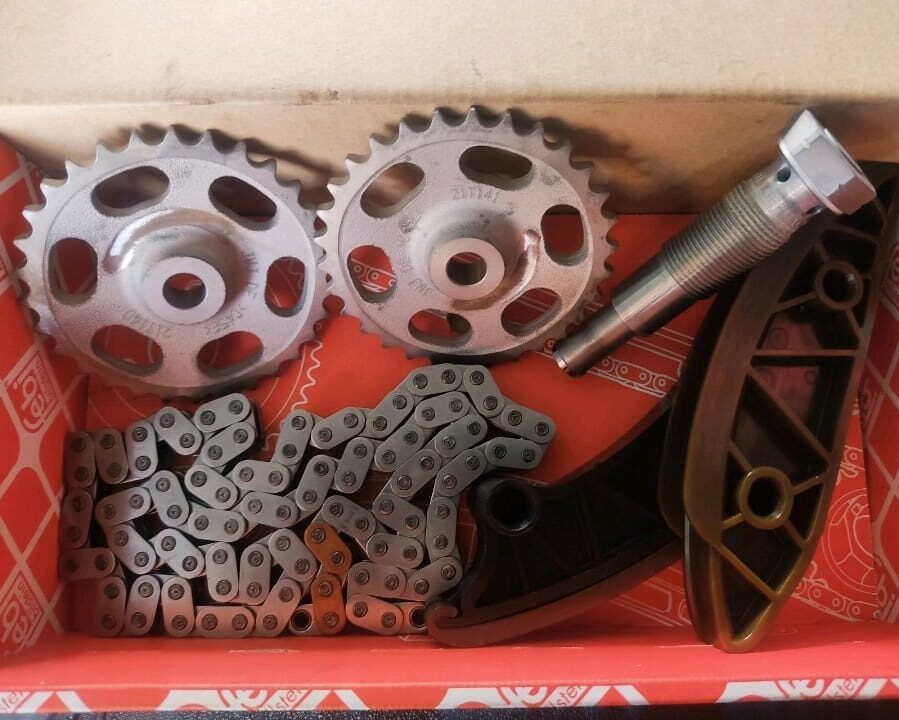
3. Diagnosis
- Findings: The timing chain showed signs of wear, and the tensioner was not maintaining adequate tension, leading to the rattling noise during cold starts and acceleration.
- Conclusion: The timing chain and tensioner were identified as the sources of the problem.

Repair Process
1. Preparation
- Engine Removal: To access the timing chain and tensioner, the technician removed the engine from the vehicle. This step ensured a thorough inspection and replacement process.
- Parts Procurement: Genuine Mercedes-Benz replacement parts were obtained, including a new timing chain and tensioner.

2. Replacement
- Timing Chain and Tensioner Replacement: The old timing chain and tensioner were carefully removed. The technician installed the new parts, ensuring they were correctly aligned and secured.
- Reassembly: The engine was reassembled, and all components were rechecked for proper installation.


3. Testing
- Cold Start Test: After reassembly, the vehicle was started cold to test for the presence of the rattling noise.
- Acceleration Test: The technician also performed an acceleration test to ensure the noise was no longer present under load.
- Results: Both tests confirmed that the rattling noise was resolved. The engine operated smoothly without any abnormal sounds.
More information about the Rattling sound when accelerating in the following link
Engine rattling noise on cold start Mercedes – Solution here
Conclusion
The Rattling sound when accelerating in the Mercedes with the OM651 engine was successfully diagnosed and resolved by replacing the worn timing chain and tensioner. The professional intervention by the qualified technician at the Mercedes dealership ensured a precise and effective repair, restoring the vehicle’s performance and owner’s peace of mind.
Key Takeaways
- Accurate Diagnosis: Leveraging expertise and specialized diagnostic tools is crucial in accurately identifying the root cause of engine noises.
- Quality Repairs: Using genuine parts and following proper procedures ensures long-lasting repairs.
- Professional Expertise: Certified technicians bring valuable experience and skills, particularly with complex engine issues like those involving timing chains and tensioners.
This case study highlights the importance of professional diagnostics and repairs in maintaining the performance and reliability of high-performance engines like the Mercedes OM651. Regular maintenance and timely interventions can prevent minor issues from escalating into major problems, ensuring a smooth and quiet driving experience.
Common Causes of Rattling sound when Accelerating
Once you’ve identified the presence of a Rattling sound when accelerating, the next step is to understand what might be causing it. Rattling sound when accelerating can be caused by several factors, ranging from minor issues like loose components to more serious mechanical problems.
In this chapter, we’ll explore the most common causes of rattling noises in Mercedes vehicles, helping you to diagnose and address the issue effectively. By familiarizing yourself with these common culprits, you’ll be better equipped to tackle the problem head-on. Here are some common causes, particularly relevant to Mercedes and other high-performance vehicles:

1. Exhaust System Issues
Loose Heat Shields
- Description: Heat shields protect the undercarriage and nearby components from the exhaust system’s heat. Over time, they can become loose or damaged.
- Solution: Inspect and tighten or replace any loose or damaged heat shields.
Exhaust Leaks
- Description: Leaks in the exhaust system can cause rattling noises, particularly under acceleration when exhaust gases are expelled more forcefully.
- Solution: Have a mechanic check for and repair any leaks in the exhaust manifold, pipes, or muffler.
2. Engine Problems
Timing Chain Tensioner
- Description: A worn or failing timing chain tensioner can cause the timing chain to become loose, resulting in a rattling noise. show the case study bellow
- Solution: Inspect and replace the timing chain tensioner if necessary.
Valve Lifters
- Description: Worn or faulty valve lifters can cause a rattling sound as they fail to maintain proper clearance between the valve components.
- Solution: Inspect the valve lifters and replace them if they are worn out.
3. Transmission Issues
Loose Transmission Mounts
- Description: Mounts that secure the transmission to the vehicle can become loose or worn, leading to rattling noises during acceleration.
- Solution: Inspect and replace worn or loose transmission mounts.
Transmission Fluid Levels
- Description: Low or degraded transmission fluid can cause improper lubrication and result in unusual noises.
- Solution: Check and refill or replace the transmission fluid as needed.
4. Suspension and Chassis
Loose or Worn Suspension Components
- Description: Components such as struts, shocks, or sway bars can wear out or become loose, leading to rattling noises.
- Solution: Inspect the suspension system and replace any worn or loose parts.
Engine Mounts
- Description: Damaged or worn engine mounts can cause the engine to vibrate excessively, creating a rattling sound.
- Solution: Replace worn engine mounts.
5. Driveshaft and CV Joints
Worn CV Joints
- Description: Constant Velocity (CV) joints allow for flexible movement of the driveshaft. When they wear out, they can produce a rattling noise.
- Solution: Inspect and replace worn CV joints.
Loose Driveshaft
- Description: A loose driveshaft can cause rattling noises, particularly under acceleration when torque is applied.
- Solution: Ensure the driveshaft is properly secured and balanced.
Diagnosing Rattling sound when accelerating
Engine-related rattles can be particularly concerning, as they often indicate issues that, if left unattended, could lead to significant damage and costly repairs. In this chapter, we will focus on rattling sounds that originate from the engine compartment.
We’ll discuss how to differentiate these sounds from other types of rattles and provide a step-by-step approach to diagnosing potential engine problems. Understanding these engine-specific issues will help you take the necessary steps to keep your Mercedes running smoothly.
Step 1: Initial Assessment
Listen and Observe
- Location of Noise: Try to determine where the noise is coming from (front, sides, or back of the engine).
- Noise Characteristics: Note the type of rattle (constant, intermittent, high-pitched, low-pitched) and when it occurs (idle, acceleration, deceleration).

Check for Warning Lights
- Look for any warning lights on the dashboard that might indicate engine or system issues.
Step 2: Visual Inspection
Engine Bay Check
- Loose Components: Look for any visibly loose or damaged components, such as brackets, belts, or covers.
- Leaks: Check for oil or coolant leaks that could indicate underlying issues.
Step 3: Check Engine Components
Timing Chain and Tensioner
- Symptoms: A rattling noise, particularly on cold starts or during acceleration, can indicate issues with the timing chain or tensioner.
- Inspection: Remove the timing cover and inspect the chain and tensioner for wear. If they appear worn or damaged, they should be replaced.
Valve Lifters
- Symptoms: Worn or faulty valve lifters can cause a rattling noise, especially at idle or low RPMs.
- Inspection: Remove the valve cover and inspect the lifters for wear or damage. Replace any that are not functioning properly.
Belt and Pulleys
- Symptoms: Loose or worn belts and pulleys can create a rattling sound.
- Inspection: Check the tension and condition of serpentine belts and pulleys. Replace any that are worn or loose.

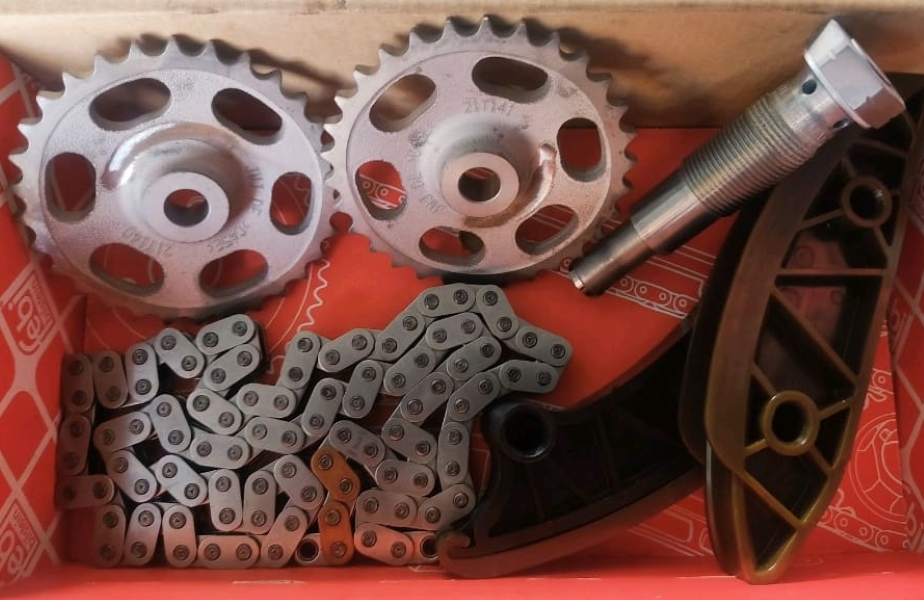
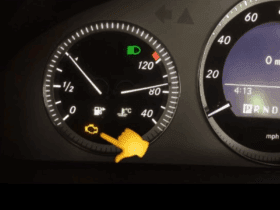
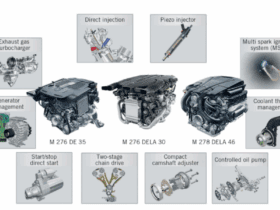
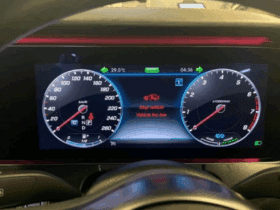
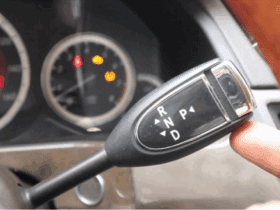
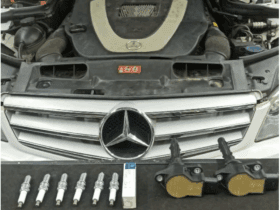
Rattling sound on start up. Very common issue is Vacuum pump.
thank you Sir for this information